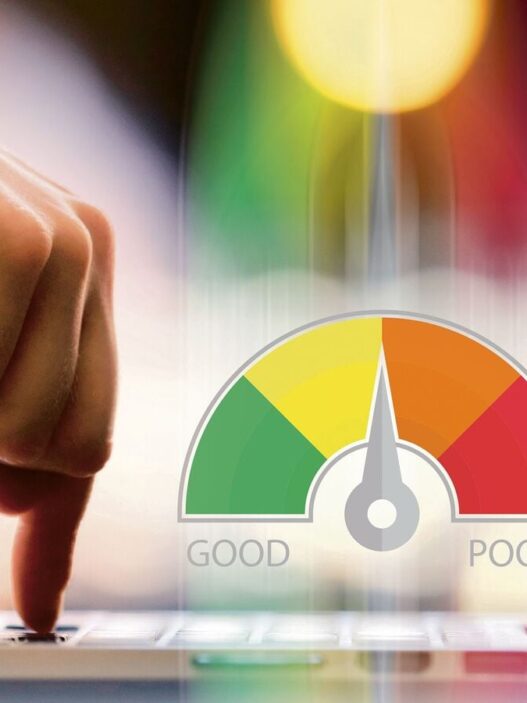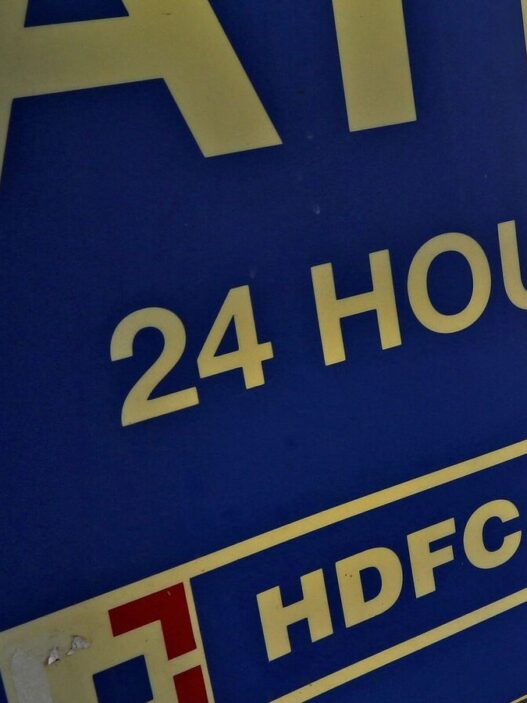With proper handling, paying with a credit card and moving the money into a bank account can be a valuable financial aid. One must understand procedures and consequences of such transactions, whether to pay for unexpected expenses or to balance debt.
In order to guarantee that sound financial choices are being made, this article examines the different options available, associated expenses, and essential factors.
Fees & charges
- Transaction fee: The processing fees charged by banks consist of a percentage-based calculation on the transaction amount.
- Interest rates: Interest fees applied to transfers exceed the cost structure of regular purchase procedures since they have longer interest-free terms.
- Service charges: The banking institution or service company can levy supplementary fees based upon their operational rules.
Methods to transfer funds
1. Direct transfer
By their mobile banking application or internet banking service, some banks permit transfer of money from the credit card to your bank account. The service operates for particular customer groups while requiring approval in advance.
2. ATM cash advances
You are able to withdraw cash from your credit card and then credit it to your bank account at ATMs. This method, however, is expensive since it incurs a large amount of charges and interest rates from the point of withdrawal.
3. Third-party payment services
Users of certain payment systems and electronic wallets are able to top them up with money from a credit card and then transfer it into a bank account that is associated with the card. Checking whether such services are authentic and secure is of vital importance, as is getting acquainted with the charges and conditions for the transfer.
Important considerations
- Credit utilisation: Large-scale credit limit utilisation from balance transfers might increase your credit utilisation ratio thereby affecting your credit score.
- Repayment strategy: Develop a payment strategy right away to avoid gathering charges related to interest fees.
- Terms & conditions: Study your credit card agreement and consult with your banking institution to understand every aspect of credit profile effects and charges and conditions.
This option offers immediate financial relief through a bank-to-credit card money transfer however taking such steps requires complete caution. If you develop an organised way to pay back money and familiarise yourself with all the associated costs then you can go with this option.
In conclusion, the financial status of your situation determines whether you should examine different funding choices or stick to this. Seek financial institution advice for making decisions that match your individual needs. Always remember the associated fees & charges with credit cards and any missed payment can impact your credit score and future lending options.
Disclaimer: Mint has a tie-up with fin-techs for providing credit, you will need to share your information if you apply. These tie-ups do not influence our editorial content. This article only intends to educate and spread awareness about credit needs like loans, credit cards and credit score. Mint does not promote or encourage taking credit as it comes with a set of risks such as high interest rates, hidden charges, etc. We advise investors to discuss with certified experts before taking any credit.












